February 10, 1940: Soviet Deportations Begin
World War II began on September 1, 1939 when Germany invaded Poland from the west. Two weeks later, on September 17, 1939, the Soviet Union invaded Poland from the east.
 These two enemies of Poland split the country between them, pursuant to provisions of a secret protocol to the Molotov–Ribbentrop Pact signed on August 23, 1939.
These two enemies of Poland split the country between them, pursuant to provisions of a secret protocol to the Molotov–Ribbentrop Pact signed on August 23, 1939.
The Soviet Union occupied eastern Poland, traditionally known as the Kresy. They held sham elections in the fall of 1939 to justify formally incorporating that part of Poland into the Soviet Union.
Beginning in February 1940, the Soviets forcibly deported hundreds of thousands (some estimates range as high as 1.5 million) Polish civilians—entire families, men, women, children, young and old, arbitrarily designated as “enemies of the people”—to slave labor camps in Siberia and elsewhere deep in the Soviet Union.

According to some estimates, as many as 50% of these deportees died under the harsh conditions.
There were four major waves of such deportations: the first beginning on February 10, 1940, followed by April 1940, June–July 1940 and June 1941, although the Soviets continued deportations of various populations through the end of the war.

 Two of our books deal with the Kresy-Siberia experience: The Ice Road by Stefan Waydenfeld, who as a teenager was deported to Siberia with his parents, and Maps and Shadows by Krysia Jopek, who based her novel on the experiences of her father’s family who had owned a farm in the Kresy. Below is an excerpt from Maps and Shadows, young Henryk (11-1/2 years old) describing the night the family was deported (pp. 16–17):
Two of our books deal with the Kresy-Siberia experience: The Ice Road by Stefan Waydenfeld, who as a teenager was deported to Siberia with his parents, and Maps and Shadows by Krysia Jopek, who based her novel on the experiences of her father’s family who had owned a farm in the Kresy. Below is an excerpt from Maps and Shadows, young Henryk (11-1/2 years old) describing the night the family was deported (pp. 16–17):
“During the predawn hours of February 10, 1940…our watchdog Halas barked furiously until all of us awakened. Within minutes, heavy pounding reverberated at our door….
“My father peered through the shutters of their bedroom window.
“He informed us quietly that Russian soldiers surrounded the house.
“Within minutes, the tall, brawny soldiers in olive uniforms occupied our home….
“Tata, my father. The Russian soldiers tied him with rope to a leg of the heavy kitchen table and left him facing a corner of the kitchen so that he could not see us. I’m sure he worried desperately about what they would do to us. The soldiers read the deportation order, making it clear that legally we were enemies of Russia and as such, would have to be relocated to prevent any sabotage of their supply lines. The soldiers ordered my mother, sister and brother and me to sit on the floor while they ransacked our house looking for arms, pulled drawers from dressers, and removed all the mattresses from our beds.
“When they finished their thorough search of our home, they instructed us to begin packing. We had forty-five minutes to gather what we could carry….”
The award-winning Sybir Memorial Museum is dedicated to the experiences of Poles deported by the Soviets during World War II and by Russians in earlier times (see our blog post on January 18, 2024).

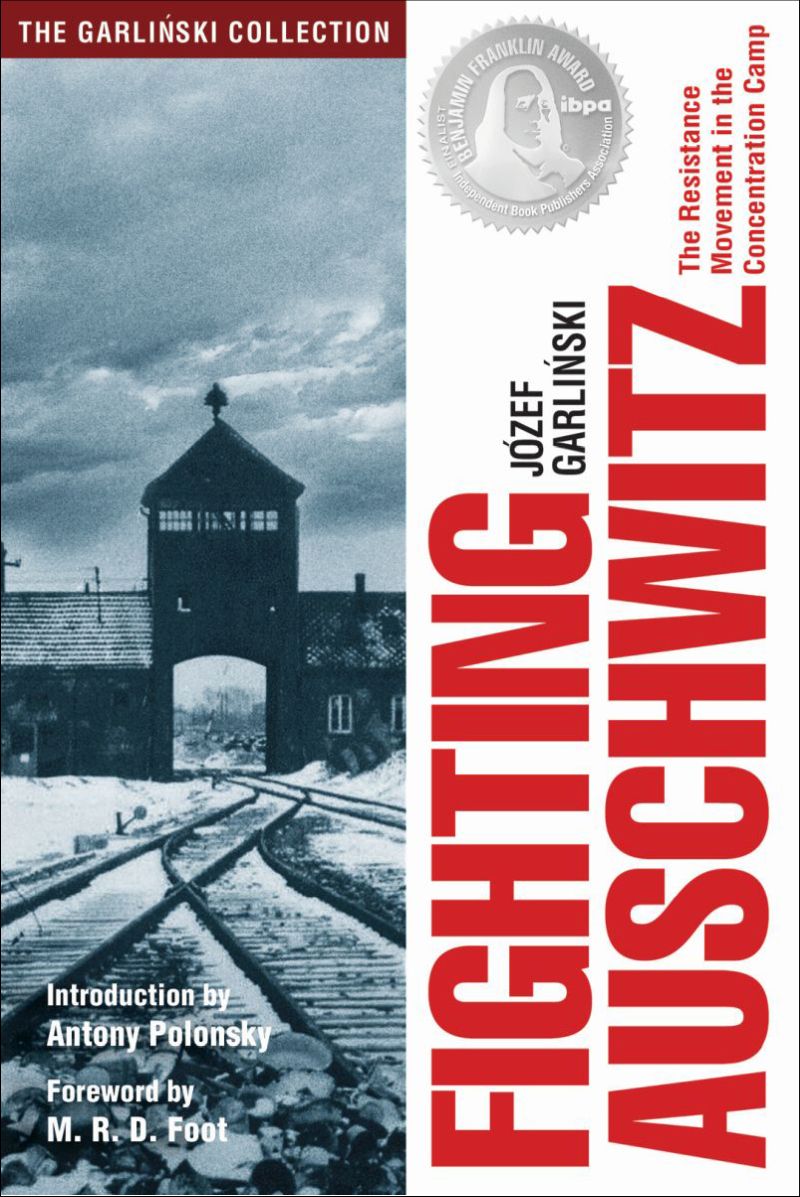

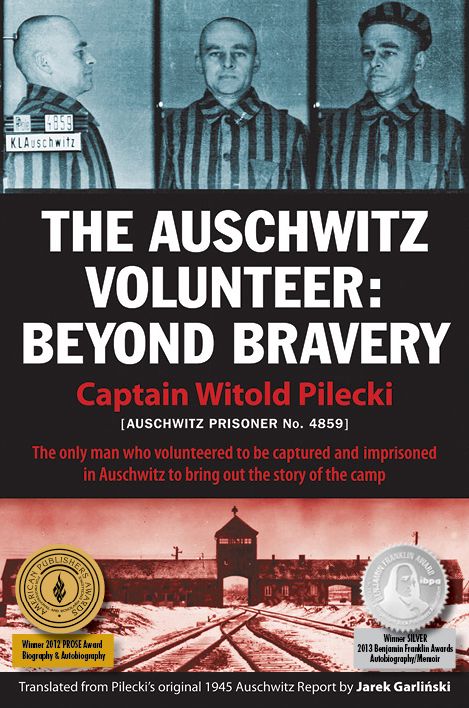


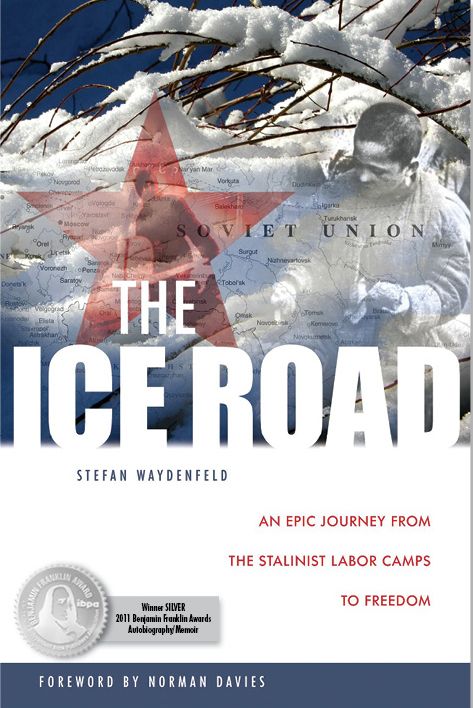
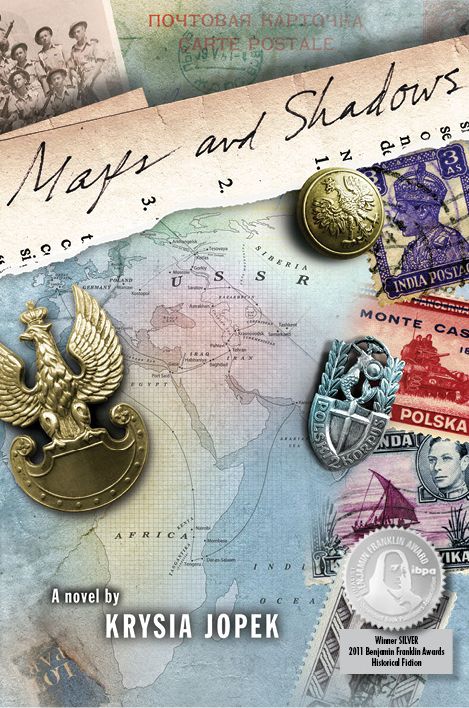
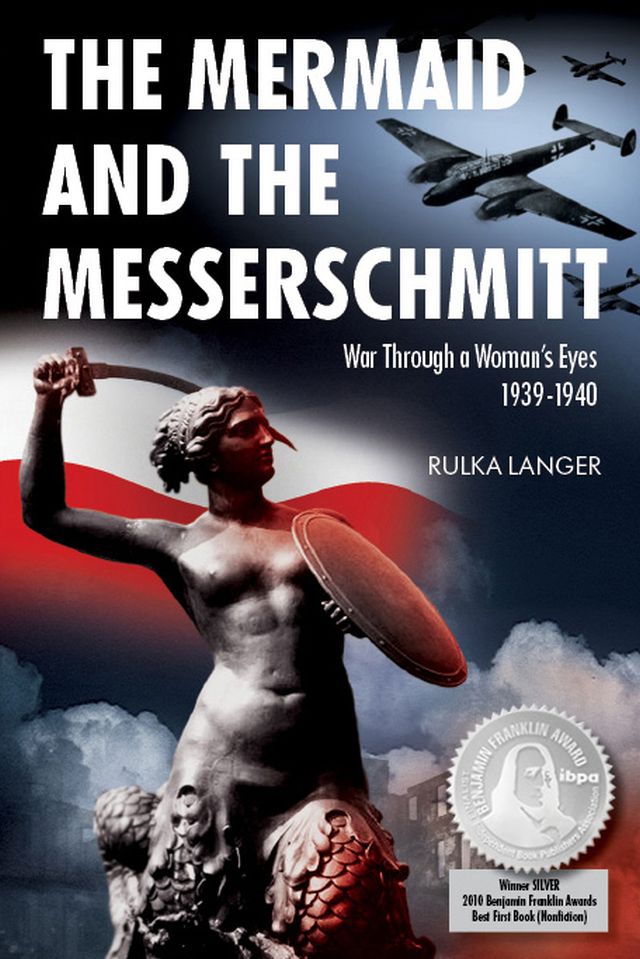

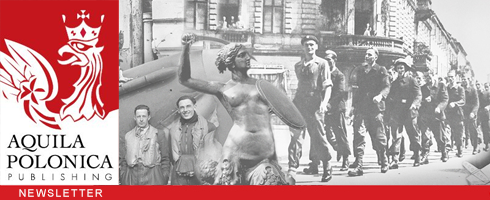
No comment yet, add your voice below!